'Drowned in debt': NYC cabbies end hunger strike after deal with officials
After weeks of hunger strike, taxi drivers in the New York City, battered by the coronavirus pandemic and crippling debt, have headed back home following a deal with officials.
The détente came on the 15th day of a strike launched by the drivers of iconic yellow taxi cabs, who have been struggling with hundreds of thousands of dollars worth of debt.
New York City’s Taxi and Limousine Commission (TLC) agreed to a city-backed guarantee to lower the monthly payments of taxi medallion owners to a maximum $170,000, according to the New York Taxi Workers Alliance (NYTWA).
The agreement made with Marblegate, the largest medallion loan-holder, requires a driver to pay back in loan just over $1,100 per month now.
"Drivers will no longer be at risk of losing their homes, and no longer be held captive to a debt beyond their lifetime," Bhairavi Desai of the NYTWA was quoted as saying.
In a statement on Thursday, New York City Mayor Bill de Blasio said he was “proud to have worked with” the NYTWA, Senator Chuck Schumer and Marblegate to come to the agreement.
Our taxi workers are the backbone of our city and we refuse to leave them behind. I’m proud to have worked with the @NYTWA, @SenSchumer and Marblegate to come to this agreement.
— Mayor Bill de Blasio (@NYCMayor) November 3, 2021
To our drivers: congratulations on a well-earned victory. https://t.co/07DckFv9e2
Many of these taxi drivers have been forced to commit suicide in recent years, with their plight receiving zero attention from the US government or the local municipality officials in New York.
A report said at least 9 New York City taxi drivers have died by suicide since 2017 — one owed over $700,000 for his taxi medallion.
On October 20, they eventually decided to begin a hunger strike outside City Hall to build pressure on Mayor Bill de Blasio and the city to guarantee the loans they took out to purchase medallions required to operate Yellow cabs in the city.
The large debt owed by taxi drivers is mainly attributed to lack of regulation by New York City officials, allowing the price of the medallion to be artificially inflated, and predatory lenders targeting taxi drivers who are mostly people of color and immigrants.
According to New York City data, 40 percent of medallion owners are from South Asia.
In a statement, Schumer said the medallion debt crisis has gone on for years, taking lives and livelihoods, while commending Mayor de Blasio “for his leadership, the New York Taxi Workers Alliance for their steadfast advocacy, and Marblegate for their good-faith effort to forge a workable solution.”
Proud of this segment we did yesterday on the @MehdiHasanShow on the under-covered hunger strike by New York City taxi drivers:https://t.co/hTtpmJrbF2
— Mehdi Hasan (@mehdirhasan) November 5, 2021
Steven W. Thrasher, author of The Viral Underclass, called it the “amazing story of the day”.
“After a two-week hunger strike, New York’s licensed taxi drivers have gotten their average medallion debt of a $500,000 capped at $17,000. The debt has led to many suicides & familial harms. Solidarity works,” he wrote on Twitter.
THE amazing US story of the day: after a two-week hunger strike, New York’s licensed taxi drivers have gotten their average medallion debt of a $500,000 capped at $170,00. The debt has led to many suicides & familial harms. Solidarity works. https://t.co/Qdhc6HjHOb
— Dr. Thrasher (@thrasherxy) November 4, 2021
Journalist Brain Rosenthal said for years, thousands of New York City taxi drivers were “channeled into exploitative loans that enriched bankers, brokers and city officials but left them (drivers) in deep debt and financial ruin”.
For years, thousands of New York City taxi drivers were channeled into exploitative loans that enriched bankers, brokers and city officials but left them in deep debt and financial ruin. Today, the city finally agreed to rescue them. Our story: https://t.co/WbzsL9W57U
— Brian M. Rosenthal (@brianmrosenthal) November 3, 2021
The medallion market has for long been a major source of revenue for New York City, generating a total of $850 million for the administrations of Mayor Bill DeBlasio and his predecessor Michael Bloomberg.
Service providers Uber and Lyft as well as the COVID-19 pandemic have reduced demand in recent years, leaving yellow cab drivers struggling to pay their medallion debts.
D-8’s role in Iran’s economy after Cairo summit
China slams US as ‘war-addicted’ threat to global security
China ‘firmly opposes’ US military aid to Taiwan
VIDEO | Press TV's News Headlines
President Yoon Suk Yeol to be removed from office
At least 19 Gazans killed by Israeli airstrikes since dawn: Medics
Leader: Iran neither has nor needs proxy forces
US fighter aircraft shot down ‘in friendly fire’ amid aggression on Yemen


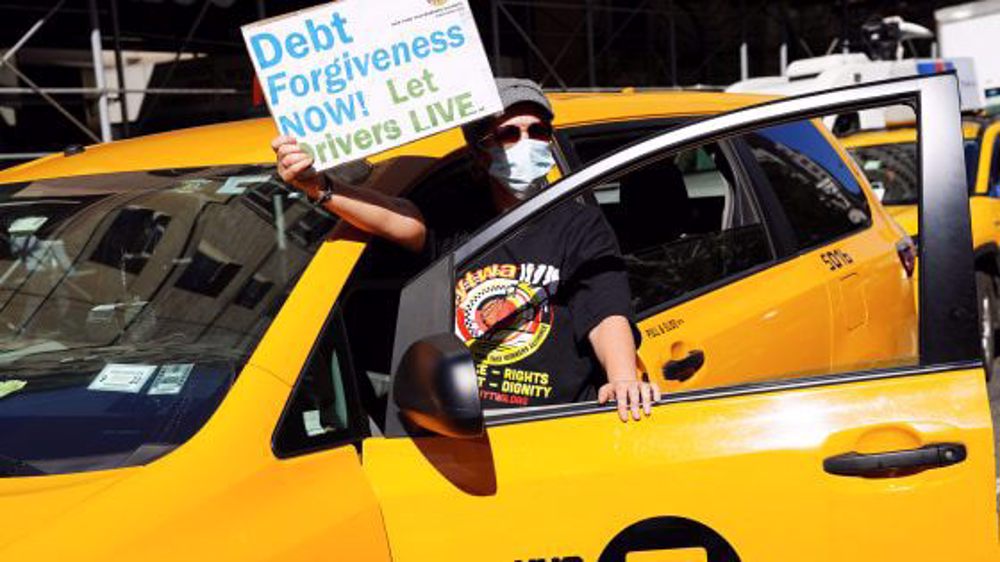
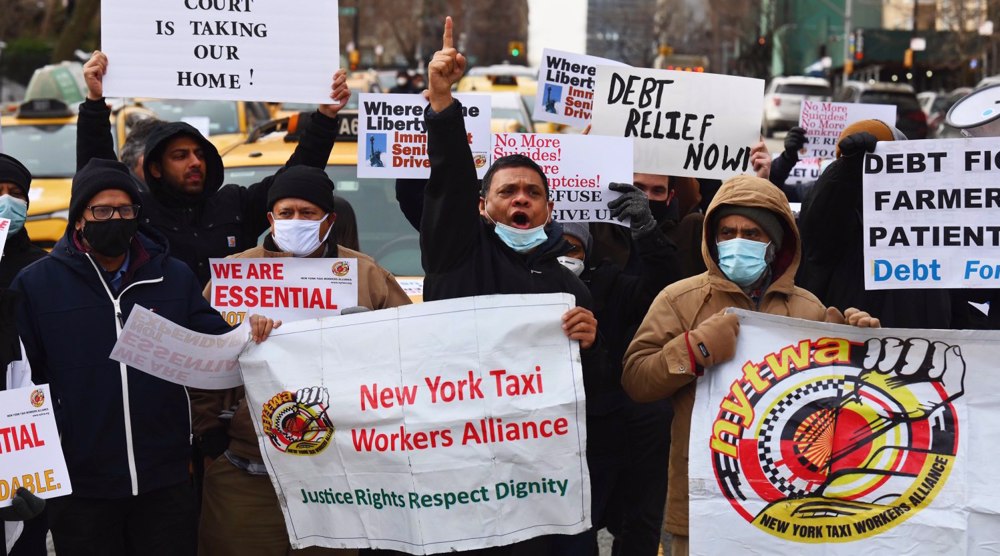
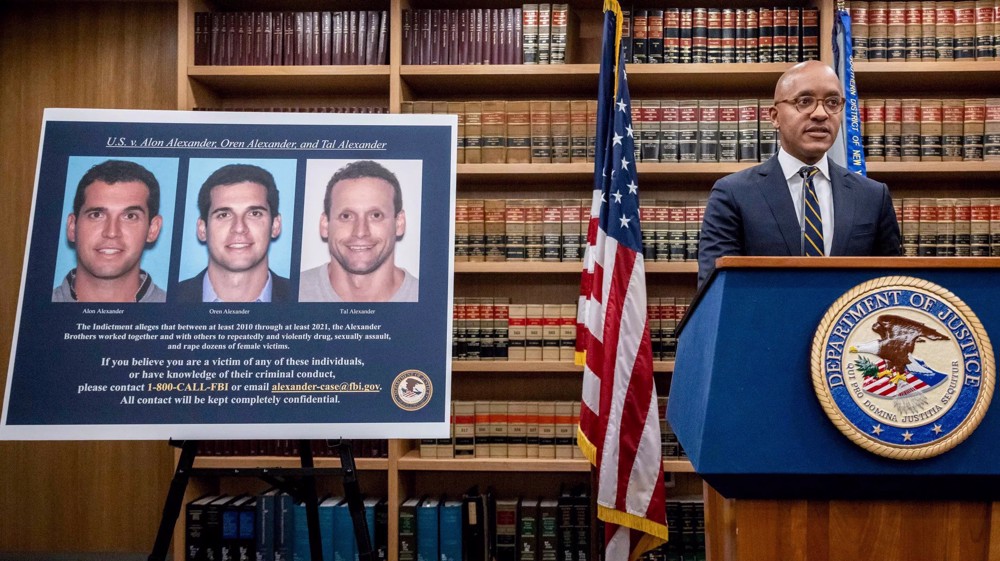
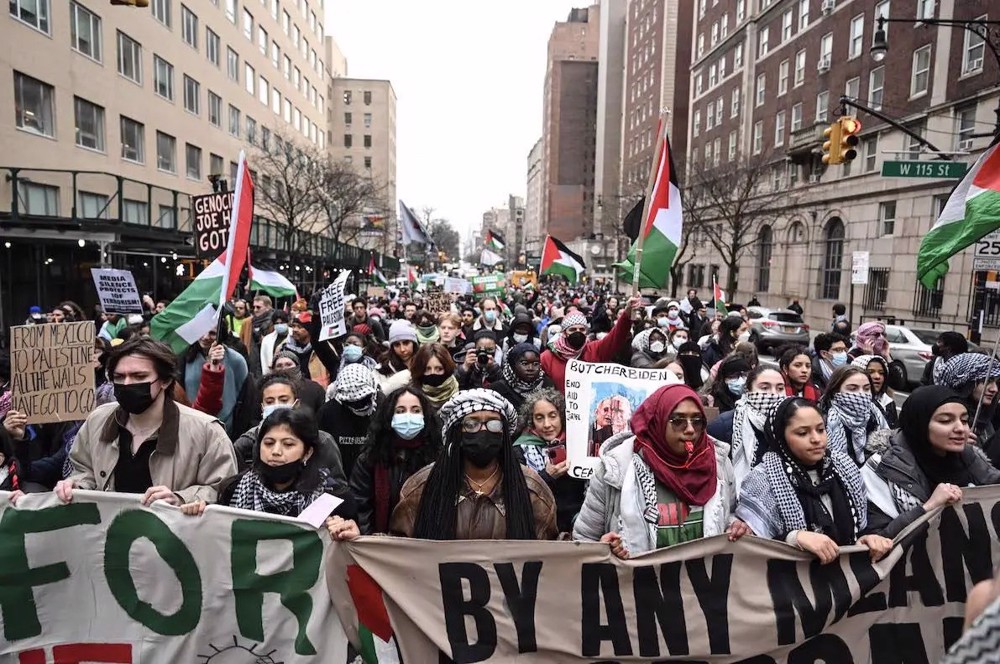
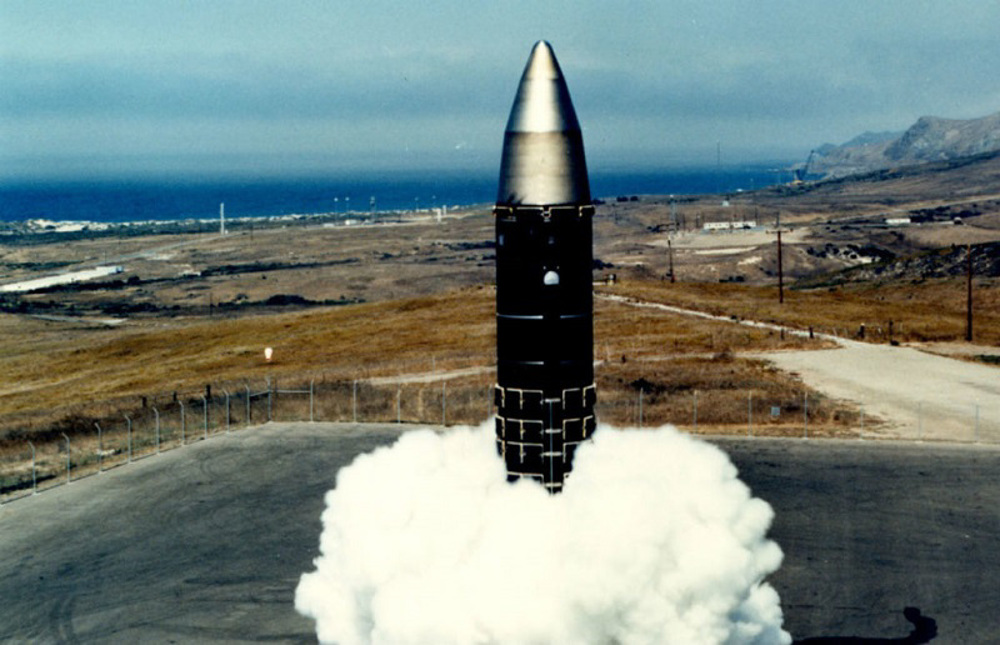



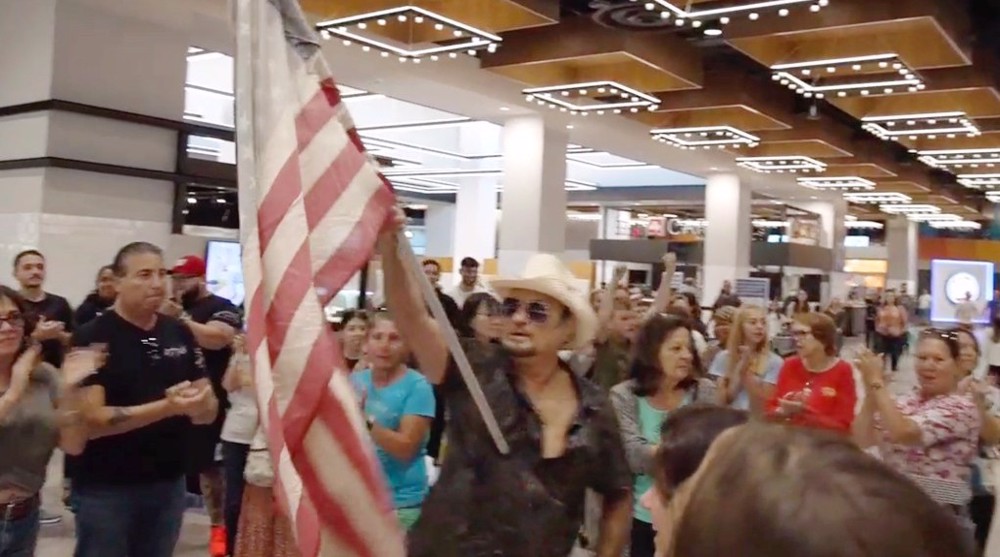
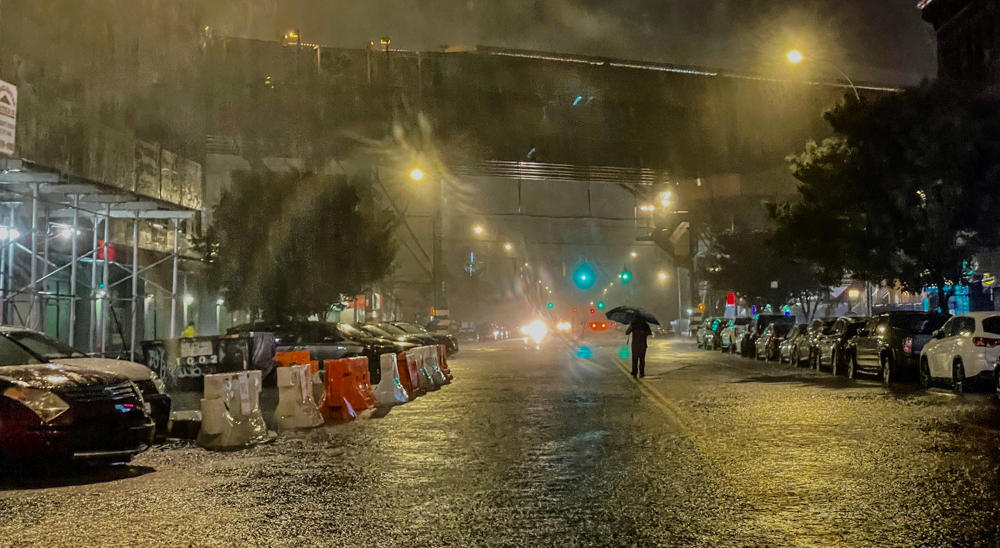
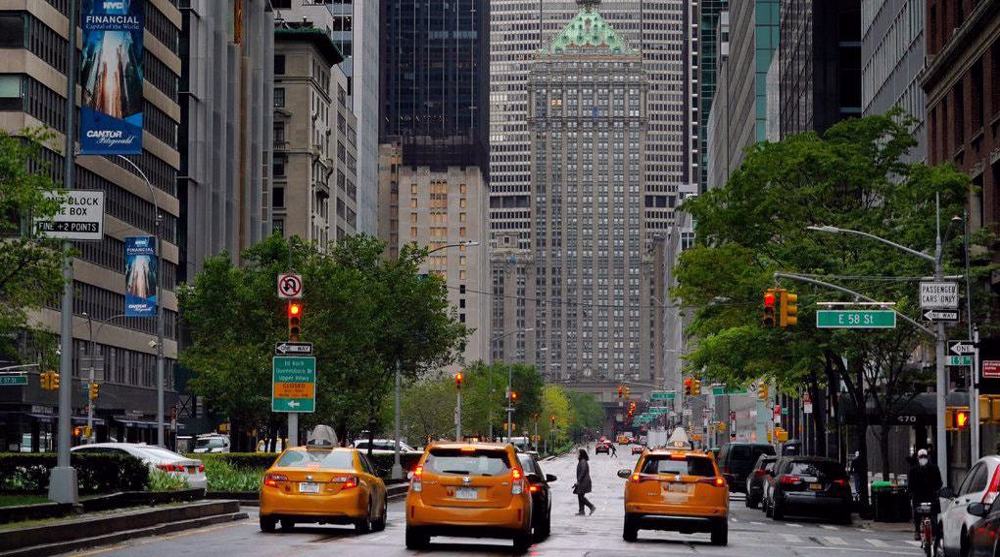
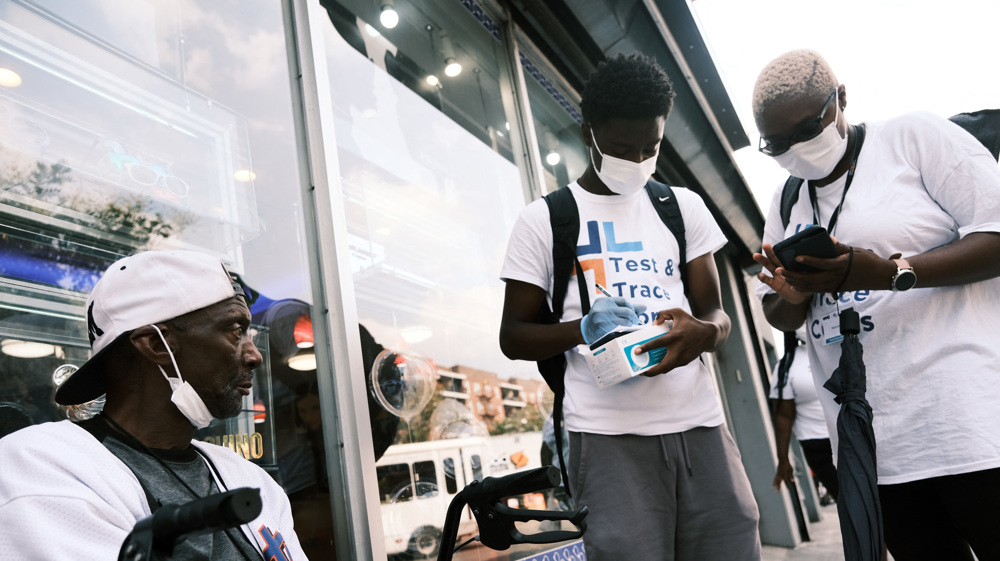
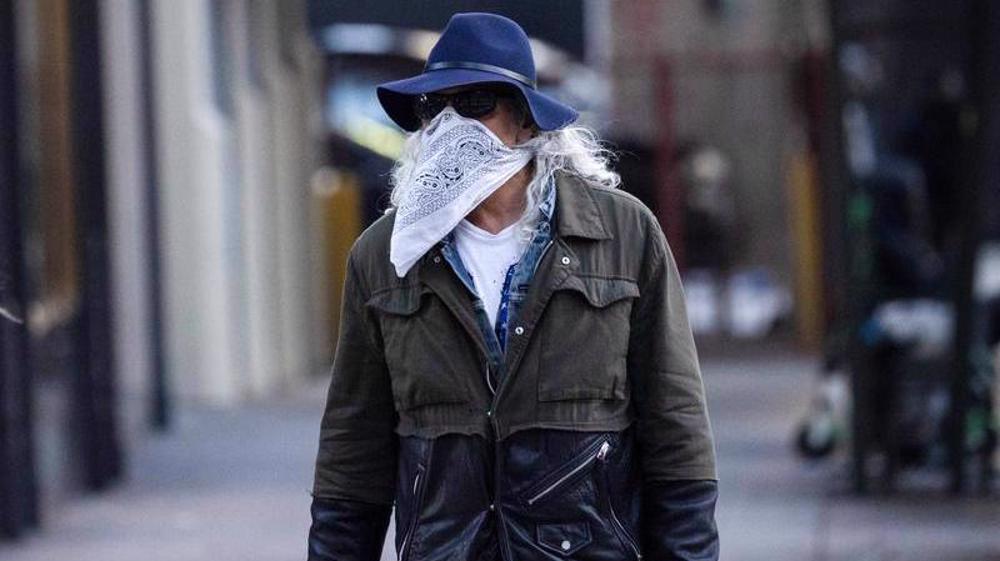

 This makes it easy to access the Press TV website
This makes it easy to access the Press TV website